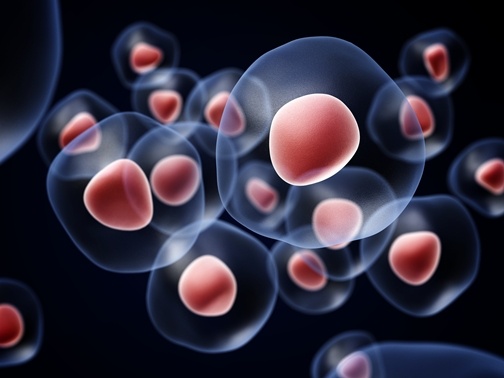
A collaboration between scientists and biologists is helping to develop treatments for bile duct diseases using stem cells. They have developed a new method to create 3D bile duct structures from stem cells which may lead to new personalised medicine treatments for bold duct diseases.
Bile duct diseases have lead to very serious health complications including liver failure. Scientists have been looking for a way to help them better understand how bile duct diseases develop and how they can be treated. By growing 3D bile ducts in petri dishes using stem cells, they could closely monitor the diseases and the effects of various drugs.
The study, entitled Directed differentiation of cholangiocytes from human pluripotent stem cells, was recently published in the journal Nature Biotechnology.
One of the senior authors of the paper, Dr. Anand Ghanekar, explains the advantages of using stem cells to create bile duct structures: “Until now, we have not had a good scientific model to study the human liver’s bile duct system, We need to be able to study a patient’s disease in a dish at the basic cellular and molecular level. Stem cell technology gives us a totally different way of evaluating and then treating these defective cells.”
Bile ducts are responsible for carrying bile from the liver to the small intestine. Bile helps the process of food digestion and detoxification. The ducts are made from cholangiocyte cells, which are vulnerable to a number of diseases.
The researchers looked at how bile ducts develop in embryos to discover ways to build them in a petri dish. It was more than 4 years before they had perfected the process and built a 3D bile duct.
In the future, researchers may use 3D bile ducts to model advanced diseases like cystic fibrosis. By using stem cells from people with the disease, they can replicate the malfunctioning bile ducts and work on developing better treatments.
Source: Collaboration uses stem cell technology to further personalized medicine
{{cta(‘3fe0aac7-7562-46dc-b8b9-c706d9cfd6b1’)}}
{{cta(‘fec594e9-5433-4350-9180-2bdd371eb399’)}}


